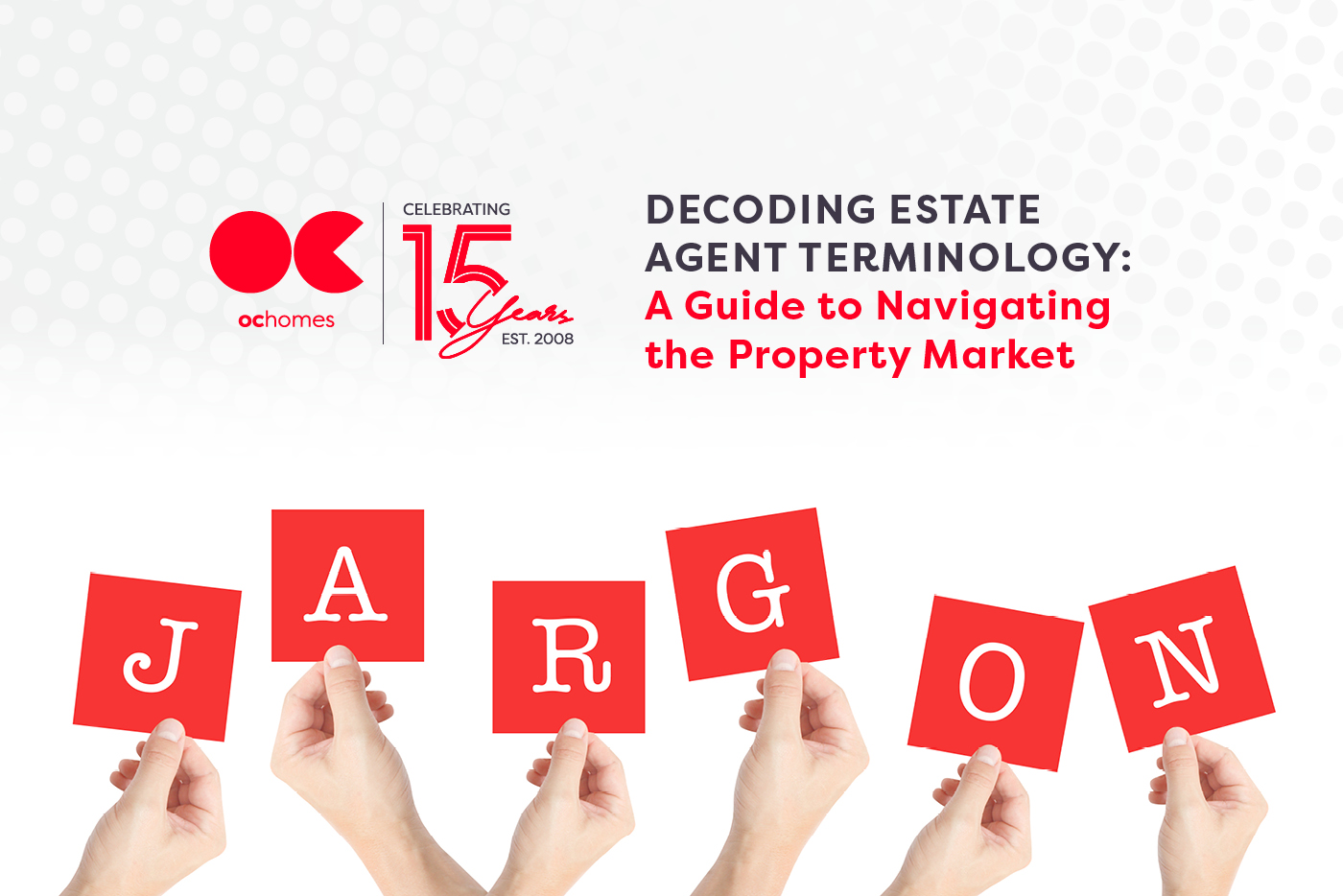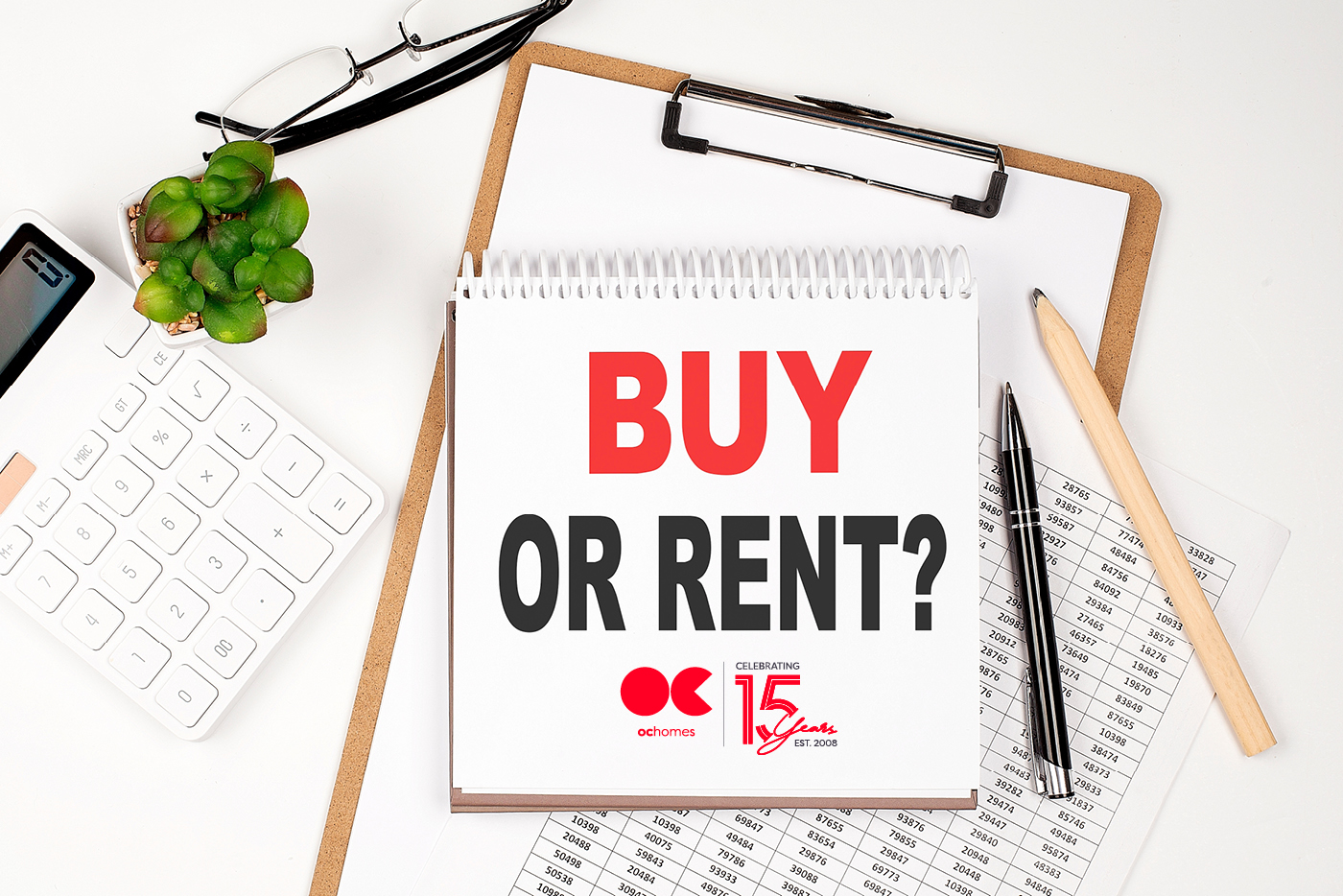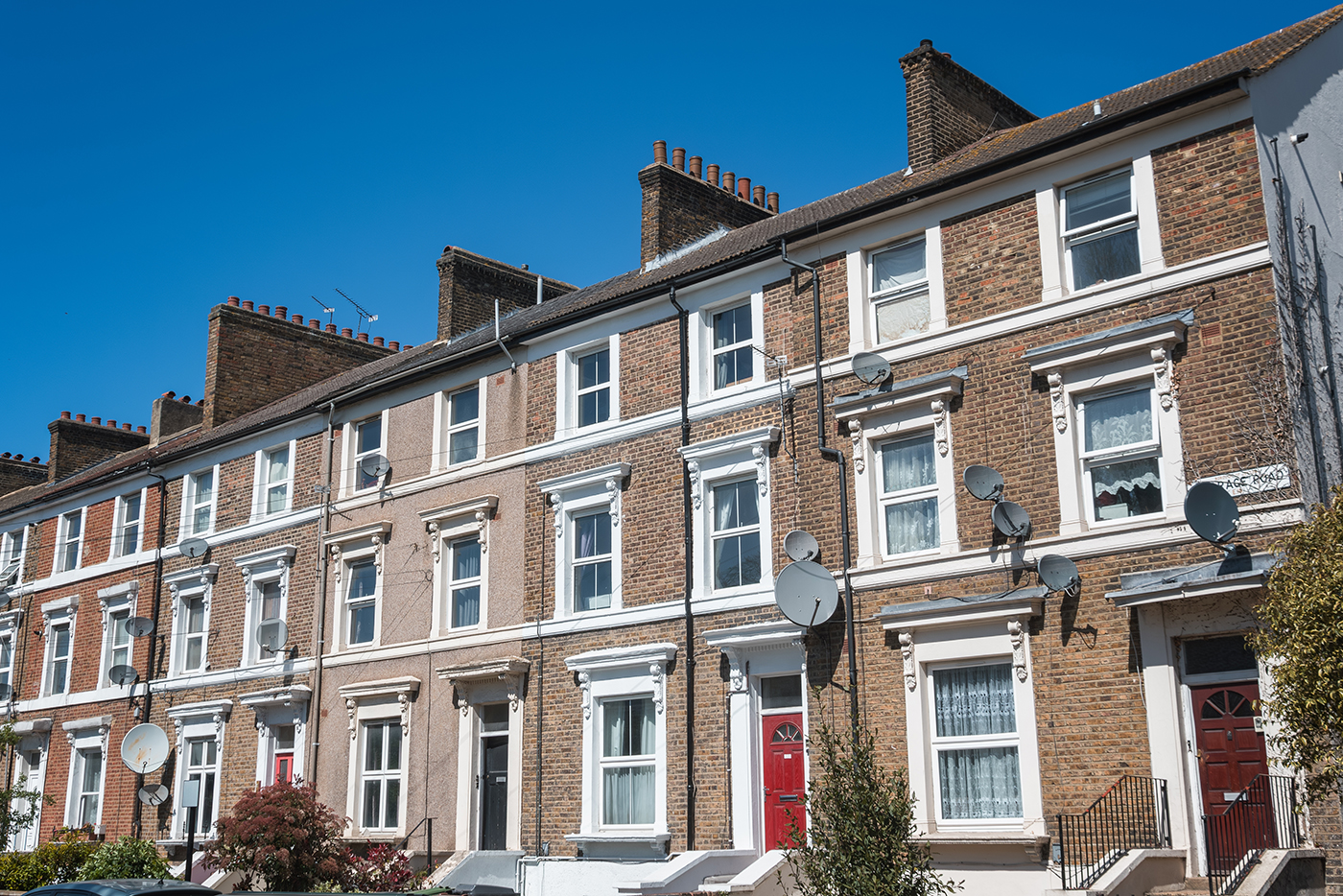If you’re thinking about moving house, it’s important to consider the impact this will have on your current mortgage deal. If you’re on a good fixed-rate deal you might not want to leave it, so you could consider a mortgage transfer to another property, which is known as porting your mortgage.
Read our guide below to find out more about how porting a mortgage might work for you.
What is porting a mortgage?
Porting a mortgage is transferring your current mortgage over to a new property. You keep your current terms and conditions, and the mortgage is simply moved across to your new home.
If you currently have a fixed-rate mortgage deal with a good interest rate then it’s worth trying to hold on to that deal. Interest rates have been on the rise recently so you may not be able to find as good a deal with a new mortgage. However, sticking with your current mortgage deal doesn’t mean that you have to stay in the same house; if you want to move home, you could consider porting your mortgage.
When thinking about a mortgage transfer to another property it’s worth considering how long you have left on your current deal. If you only have a six months left you might be better to wait and apply for a new mortgage, or if it’s just a few months then you could start the ball rolling now, because selling and buying property takes time.
However, there’s no guarantee that your lender will agree to porting your mortgage, so it’s important to talk to them before you set anything in progress.
Pros of cons of transferring your mortgage to another house
Pros
· No exit or early repayment fees
There won’t be any exit or early repayment fees to pay because you’re simply shifting your mortgage across to a different property. Your mortgage deal stays exactly the same. If you were to leave your deal rather than move it, you might have to pay a lot of money on exit fees.
· Same interest rate
If you have a fixed, low interest rate you’ll keep this rate until the end of your deal. This is a big advantage as interest rates are currently on the rise.
· You don’t need to start from scratch
Your lender has a lot of your information already, which should make the process quicker and easier than starting from scratch with a new application elsewhere.
Cons
· Missing better deals
By staying on the same mortgage deal you can’t take advantage of other deals available right now, and some of these might be better than the one you’ve got.
· Fees
There will still be some fees to pay when you port a mortgage, such as valuation fees and arrangement fees.
· A second mortgage
If you’re buying a property that’s more expensive that your current home then you may need to top up the amount you’re borrowing with a second mortgage. This may be on a different deal to your current mortgage and it could have higher rates. A second mortgage can make it more complicated if you want to move again or if you want to remortgage with a different lender further down the line.
· Changed circumstances
If your situation has changed since you applied for the mortgage you have, then your lender may not agree to port your mortgage. This is because you have to reapply for the mortgage and you may not pass all the checks this time. This could be the case if you’re earning less money or your credit score has gone down.
The process of mortgage porting
Before you put anything in motion it’s important to talk to your current mortgage lender to see if porting your mortgage is even possible. If it is, you’ll need to reapply for the deal you currently have. The lender may have changed their criteria, so they’ll reassess you based on their new criteria as well as your current situation.
Once you know that your lender is likely to let you port your mortgage then you can put your home on the market and start looking for a new property. Bear in mind that nothing is set in stone until the lender has completed all of the checks on your application and on the property you want to move to.
After you find the property you want to buy and you’ve had your offer accepted, your lender will take you through the process of reapplying for your mortgage. This will include looking at your current financial situation and whether you can still afford the mortgage repayments. Lenders will take the current economic climate and the cost of living crisis into account, so they’ll be aware that your ongoing costs are likely to be higher than they were when you first applied for the mortgage.
The lender will run a credit check on you to see whether you’ve managed to repay your debts and credit cards since you last applied for your mortgage. Your credit score will impact your application so take this into account before you apply.
If you’re buying a more expensive property, you’ll need to apply for the extra money to top up your current mortgage. This top up could be in the form of a second mortgage, and it’s likely that the rates on this amount will be different to your current deal.
What factors will affect my application to port my mortgage?
· Is the property suitable?
Your lender will carry out a property valuation on the home you want to buy to check that it’s worth the amount of money you’ve offered for it. They’ll also consider the type of property it is as some lenders deem certain property types as unsuitable, such as a flat in a high rise or above a shop.
· Do you have a good credit score?
Any unpaid bills or late payments will be reflected in your current credit score and your lender will check this before transferring your mortgage to another house.
· Can you afford the repayments?
The lender will look at your financial situation to reassess whether you can still afford the mortgage repayments on your current deal.
· Can you afford a second mortgage?
If you’re buying a more expensive property, then you’re likely to need a second mortgage. Your lender will assess you for this to see whether they think you can afford it and whether you’ll be able to keep up with the higher monthly costs.
· Do you have a steady income?
Your income and employment status are important factors when looking at your mortgage application and they’ll be reassessed based on your current situation. If you’ve just started a new job the lender may consider you as more of a risk than if you’ve been in the position for a year or more.
In the current climate, many people feel wary of changing their mortgage deal or of taking on more debt with a larger mortgage or a second mortgage. With interest rates rising, you might want to keep hold of your current mortgage deal because it could be hard to find another one with as good a rate as you have now. However, you don’t need to feel trapped in your current home or that you have to wait until your mortgage deal ends before you start looking for a new property. Porting a mortgage is a great, flexible solution that can open up the housing market to you again. Talk to your current lender to see if it’s an option for you.
If you want to move house and you’re at the end of your fixed-rate deal, then it’s time to start looking for a new mortgage deal. However, if you still have a good amount of time left on your mortgage then porting your mortgage could give you flexibility to move as soon as your house sells and you find your next dream home.
For more help or information call our London Office on 020 8556 1212 or e-mail: hello@ochomes.co.uk


 By
By 



Share this with
Email
Facebook
Messenger
Twitter
Pinterest
LinkedIn
Copy this link